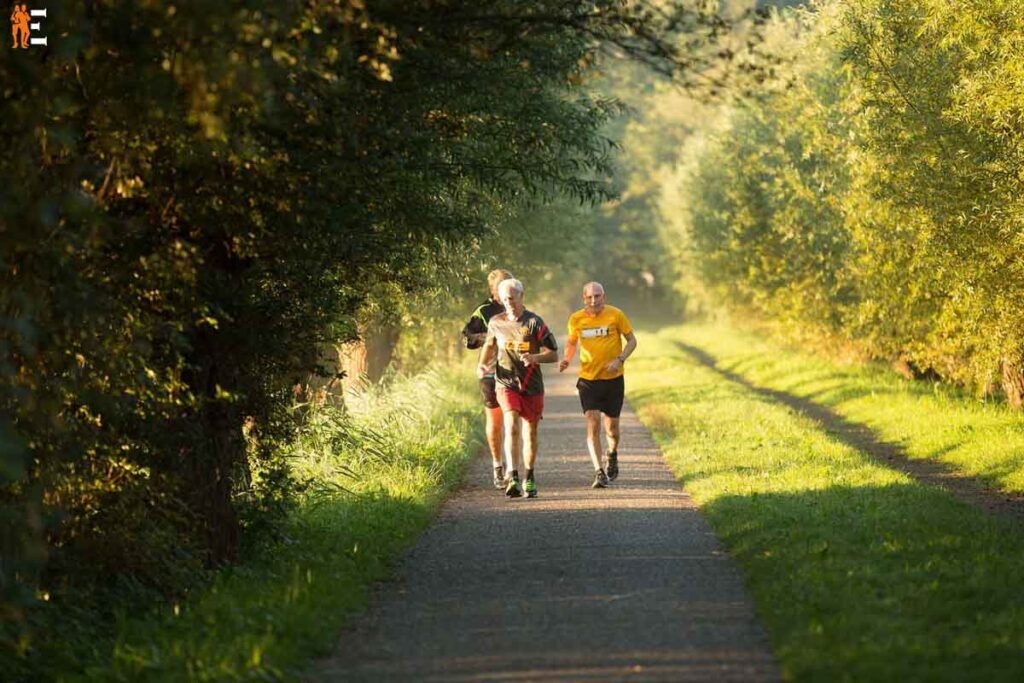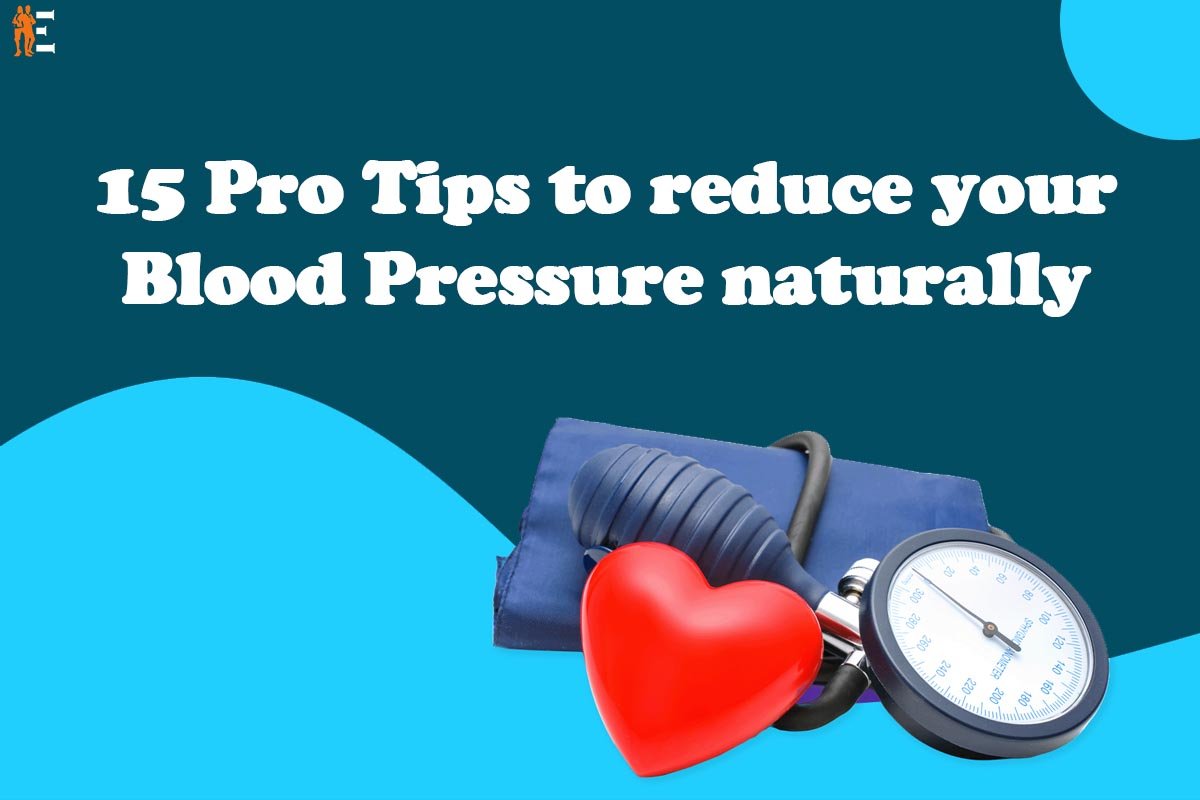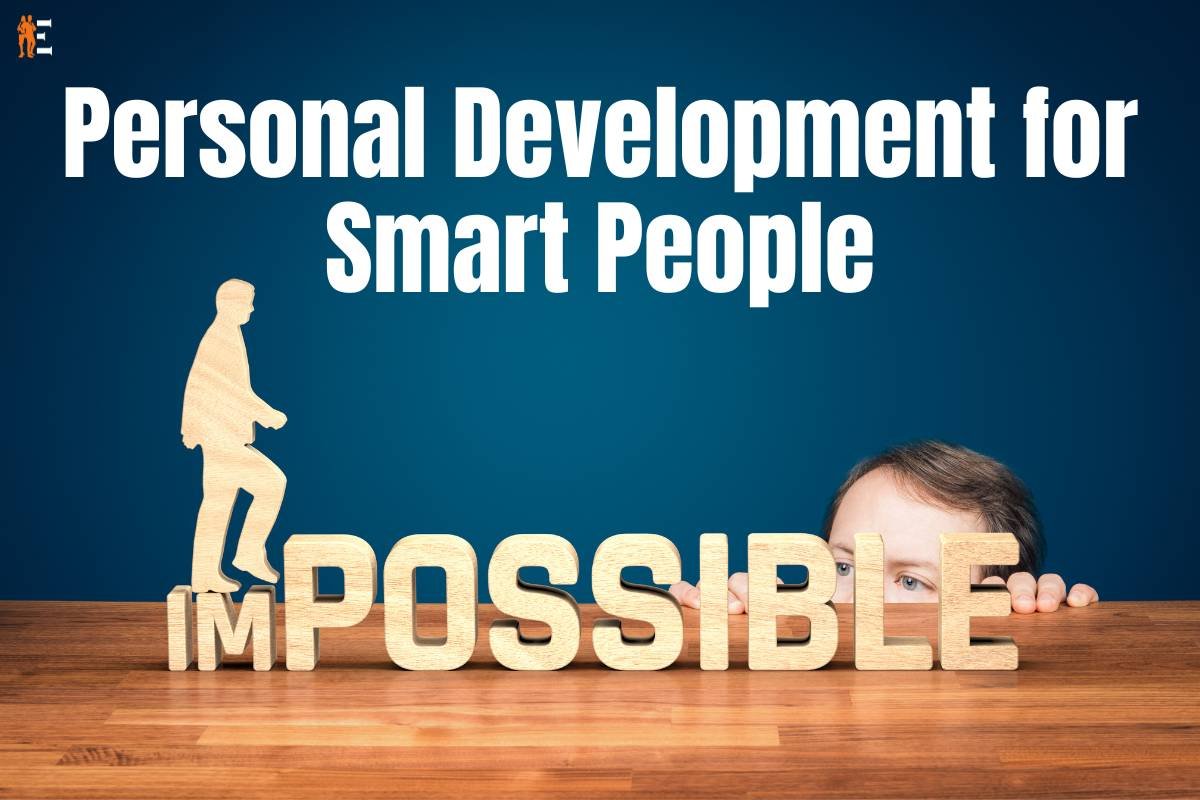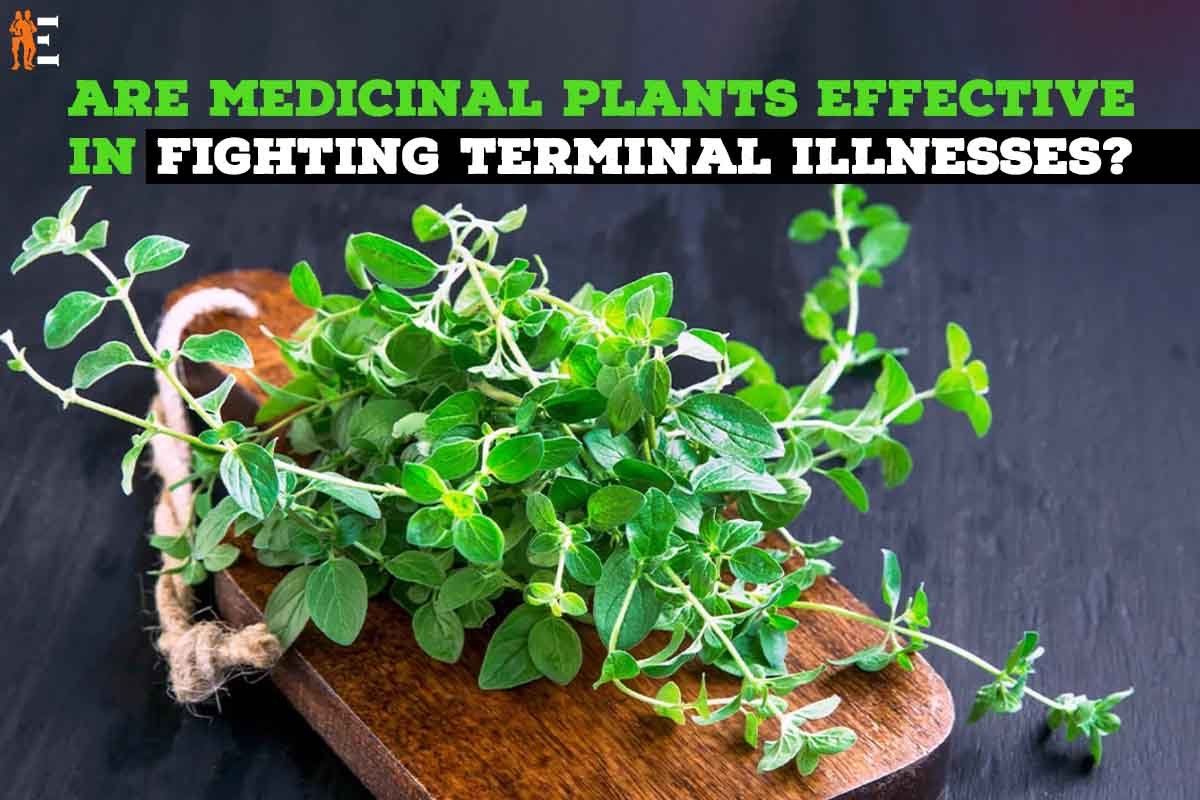High blood pressure may cause cardiac damage over time. It affects one out of every three persons in the United States and one billion people globally (1Trusted Source, 2Trusted Source). Regular exercise, weight control, and dietary adjustments are all ways to reduce blood pressure. High blood pressure, if uncontrolled, increases your risk of heart disease and stroke. But, there are a variety of natural ways to decrease your blood pressure without using medication.
Here are 15 Pro Tips to reduce Blood Pressure naturally;
1. Walk and exercise on a regular basis.
As one of the natural methods to decrease blood pressure, older individuals exercise in a swimming pool. Exercise on a regular basis may help reduce your blood pressure. Fat Camera/Getty Images contributed to this image. Exercise is one of the most effective ways to reduce high blood pressure. Frequent exercise strengthens your heart and makes it more effective at pumping blood, lowering artery pressure

In reality, taking 150 minutes per week of moderate activity, such as walking, or 75 minutes of strenuous exercise, such as running, may help decrease blood pressure and enhance heart health (3Trusted Source).Moreover, some study indicates that performing more activity than this lowers your blood pressure even further (4Trusted Source). In Conclusion: Even 30 minutes of daily walking may significantly decrease your blood pressure. Increasing your physical activity helps to lower it even more. This is one of the best Tips to reduce Blood Pressure naturally.
2. Limit your salt intake.
Globally, people consume a lot of salt. This is mostly attributable to an increase in the intake of processed and prepared meals. Several studies have connected excessive salt consumption to high blood pressure and cardiovascular events, including stroke (5Trusted Source, 6Trusted Source). Some study, however, shows that the link between salt and high blood pressure is less obvious One cause for this might be hereditary variances in salt metabolism.
A quarter of persons with normal blood pressure and half of those with high blood pressure seem to be salt sensitive If you already have high blood pressure, it’s worth reducing your salt consumption to see if it helps. Replace processed meals with fresh ingredients, and season with herbs and spices instead of salt. In conclusion, These Tips to reduce Blood Pressure naturally-lowering recommendations propose limiting salt consumption. Such an approach, however, may make the most sense for persons sensitive to salt’s effects.
3. Consume less alcohol
Alcohol use may elevate blood pressure and increase the risk of various chronic health disorders, including hypertension (9Trusted Source). Although some study has found that low to moderate doses of alcohol may protect the heart, the advantages may be countered by harmful consequences (10Trusted Source). Moderate alcohol intake in the United States is defined as no more than one drink per day for ladies and two drinks per day for men. If you drink more than that, you should think about cutting down (11Trusted Source). In Conclusion: Any amount of alcohol may elevate your blood pressure. Tips to reduce Blood Pressure naturally, it’s essential to limit your consumption.
4. Consume more potassium-rich meals.
Potassium is a vital nutrient that helps your body eliminate salt and reduces blood vessel pressure. Most people’s salt consumption has grown while their potassium intake has decreased. Focus on eating less processed meals and more fresh, whole foods to get a healthier potassium-to-sodium ratio in your diet.
The following foods are exceptionally rich in potassium:
Fruit, particularly melons, bananas, avocados, oranges, and apricots, vegetables, particularly leafy greens, tomatoes, potatoes, and sweet potatoes dairy, such as milk and yogurt nuts and seeds tuna and salmon beans.
In Conclusion: Consuming potassium-rich fresh fruits and vegetables is a Tips to reduce Blood Pressure naturally.
5. Reduce your caffeine intake
If you’ve ever had a cup of coffee before having your blood pressure taken, you’ll know that caffeine provides an immediate boost. Nevertheless, there’s not much data to show that ingesting caffeine frequently may generate a sustained rise. In reality, persons who consume caffeinated coffee or tea likely to have a reduced risk of heart disease, especially high blood pressure, than those who do not drink it. But, if you feel you’re susceptible to the effects of coffee, try reducing down to see whether it reduces your blood pressure.
In Conclusion: Coffee might induce a temporary increase in blood pressure. Yet, for many individuals, it does not result in a long-term rise.
6. Understand how to deal with stress
Listening to relaxing music may help reduce stress. Stress is a major contributor to high blood pressure. When you’re stressed out, your body is always in fight-or-flight mode. Physically, this translates to a higher heart rate and constricted blood vessels. Numerous research have looked at how stress reduction might assist reduce blood pressure.
Here are two evidence-based suggestions:
- Listen to calming music: Calming music may aid in the relaxation of your nervous system. It has been found in studies to be a beneficial adjunct to other blood pressure treatments.
- Working less: Working a lot and working in stressful settings are both associated with high blood pressure.
In conclusion, chronic stress may lead to hypertension. Discovering techniques to handle stress are Tips to reduce Blood Pressure naturally.
7. Consume dark chocolate or cocoa.
Although large doses of dark chocolate are unlikely to benefit your heart, little amounts may. This is due to the high concentration of flavonoids in dark chocolate and cocoa powder, which are plant components that stimulate blood vessels to widen. According to a review of research, flavonoid-rich cocoa may lower short-term blood pressure readings in healthy persons. Choose non-alkalized cocoa powder, which is notably rich in flavonoids and has no added sugars, for the most potent benefits.

In Conclusion: Plant components in dark chocolate and cocoa powder help relax blood arteries, which may reduce blood pressure.
8. Reduce your weight
Losing weight may improve heart health in persons who are overweight. A 2016 research found that decreasing 5% of your body weight might considerably reduce high blood pressure. When weight reduction is combined with exercise, the benefit is magnified. Reducing weight may help your blood vessels perform a better job of expanding and contracting, allowing the left ventricle of the heart to pump blood more efficiently.
In conclusion, losing weight is good Tips to reduce Blood Pressure naturally. This impact is significantly more noticeable when you work out.
9. If you smoke, think about stopping.
One of the numerous reasons to stop smoking is because it is a major risk factor for heart disease. Every cigarette puff produces a tiny, transitory elevation in blood pressure. Tobacco compounds have also been linked to blood vessel damage. Nevertheless, no definitive relationship between smoking and high blood pressure has been shown in investigations. This might be because those who smoke on a daily basis build up a tolerance over time. Yet, since smoking and high blood pressure both increase the risk of heart disease, stopping smoking may help reduce that risk.
In Conclusion: Despite contradictory studies, smoking and high blood pressure both raise the risk of heart disease.
10. Limit additional sugar and processed carbohydrates.
A increasing amount of evidence indicates a relationship between added sugar consumption and high blood pressure. Use of sugar-sweetened drinks was connected to higher blood pressure levels in children and adolescents in one research. It’s not just sugar; all refined carbohydrates, like the sort found in white flour, quickly convert to sugar in your system and might create difficulties.
Low carb diets may also help lower blood pressure, according to certain research. In fact, a meta-analysis of 12 research found that a low carb diet might lower systolic and diastolic blood pressure, as well as numerous other risk factors for heart disease.
In conclusion, refined carbohydrates, particularly sugar, may elevate blood pressure. Low-carb diets have been demonstrated in several trials to help lower blood pressure. Tips to reduce Blood Pressure naturally.
11. Consume berries
Berries provide more than simply delicious taste. They’re also high in polyphenols, which are natural plant components that are beneficial to your heart. Polyphenols have been shown to lower the risk of stroke, heart disease, and diabetes, as well as improving blood pressure, insulin resistance, and systemic inflammation. In one research, Tips to reduce Blood Pressure naturally in patients with high blood pressure were randomly allocated to either a low polyphenol diet or a high polyphenol diet that included berries, chocolate, fruits, and vegetables. Individuals who consumed berries and polyphenol-rich foods had lower levels of heart disease risk indicators.
In Conclusion: Berries are high in polyphenols, which may help decrease blood pressure and the risk of heart disease in general.
12. Experiment with meditation or deep breathing.
Although all of these habits might be classified as “stress reduction practices,” meditation and deep breathing demand special attention. Meditation and deep breathing both have the potential to stimulate the parasympathetic nervous system. As the body relaxes, this mechanism kicks in, reducing the heart rate and lowering blood pressure. There has been a significant amount of study in this area, with studies indicating that various types of meditation tend to have advantages for decreasing blood pressure.
Deep breathing exercises may also be quite beneficial. In one research, persons who exercised diaphragmatic breathing, a deep breathing method, twice daily for 4 weeks observed a drop in systolic and diastolic blood pressure. Experiment with guided meditation or deep breathing. To get you started, here’s a video.
In Conclusion: Tips to reduce Blood Pressure naturally are Deep breathing and meditation may both engage the parasympathetic nervous system, which slows your heart rate and lowers your blood pressure.
13. Consume calcium-rich foods
High blood pressure is common in those who do not get enough calcium. Although calcium supplements have not been shown to reduce blood pressure, calcium-rich foods seem to be connected to healthy levels. The calcium guideline for most individuals is 1,000 milligrams (mg) per day. Nevertheless, certain people, such as elderly people, may need more. Calcium may also be obtained through collard greens and other leafy greens, beans, sardines, and tofu, in addition to dairy. A list of calcium-rich plant-based foods is provided below, which are good Tips to reduce Blood Pressure naturally.

In Conclusion: Calcium-rich diets are associated with normal blood pressure readings. Calcium may be obtained via dark leafy greens, tofu, and dairy.
14 Use natural supplements
Certain natural substances may also be Tips to reduce Blood Pressure naturally. These are some of the most important supplements with evidence: Researchers have effectively employed aged garlic extract as a stand-alone therapy and in conjunction with conventional medicines to decrease blood pressure.
- Berberine: Although further study is required, several studies suggest that berberine is a Tips to reduce Blood Pressure naturally.
- Whey protein: In a 2016 research, 38 individuals’ blood pressure and blood vessel function were improved by whey protein.
- Fish oil: Traditionally associated with enhancing heart health, fish oil may be especially beneficial to persons with high blood pressure (39).
- Hibiscus blooms create a delicious tea. They are high in anthocyanins and polyphenols, which are beneficial to the heart and may decrease blood pressure.
In Conclusion: Researchers have explored the efficacy of many natural supplements to decrease blood pressure.
15. Consume magnesium-rich meals.
Magnesium is an essential element that aids in the relaxation of blood vessels. Although magnesium insufficiency is uncommon, many individuals do not consume enough magnesium. Several studies have shown that a lack of magnesium is associated with high blood pressure, although clinical research has been less conclusive. You may still achieve your magnesium requirements by eating a range of magnesium-rich foods, such as vegetables, dairy products, legumes, fowl, pork, and whole grains.
In Conclusion: Magnesium is a necessary element that aids in blood pressure regulation. It may be found in a variety of whole foods, such as legumes and whole grains. These are some tips to reduce Blood Pressure naturally.











